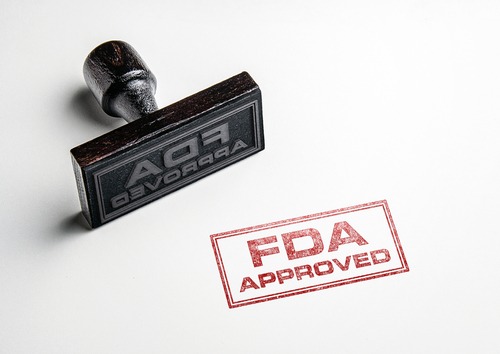
The U.S. Food and Drug Administration (FDA) added another tool to the fight against COVID-19 this week, granting emergency use authorization (EUA) to the monoclonal antibody therapy sotrovimab for use against mild to moderate COVID-19 cases in those 12 years and older.
The EUA was granted to GlaxoSmithKline. While the safety and efficacy of the therapy are still being evaluated, it was deemed useful for those at high risk of progression to severe COVID-19 cases, including hospitalization or death. However, it is not meant for those already hospitalized or who require oxygen therapy. It can actually cause worse clinical outcomes when given to hospitalized patients requiring high flow oxygen or mechanical ventilation.
Sotrovimab is a lab-made monoclonal antibody directed against the spike protein of SARS-CoV-2, which works to block the virus’s penetration into human cells. Its EUA was granted based on an interim analysis from a phase 1/2/3 randomized, double-blind, placebo-controlled clinical trial of 583 non-hospitalized adults with mild to moderate COVID-19 symptoms who tested positive for the virus.
“With the authorization of this monoclonal antibody treatment, we are providing another option to help keep high-risk patients with COVID-19 out of the hospital,” Dr. Patrizia Cavazzoni, director of the FDA’s Center for Drug Evaluation and Research, said. “It is important to expand the arsenal of monoclonal antibody therapies that are expected to retain activity against the circulating variants of COVID-19 in the United States.”
An EUA is not a full approval. It means that benefits currently outweigh risks based on current scientific evidence. Whether it is effective against viral variants is still being monitored, but lab testing showed it to retain efficacy against current circulating COVID-19 variants, including those originally detected in the U.K., South Africa, Brazil, California, New York, and India.




